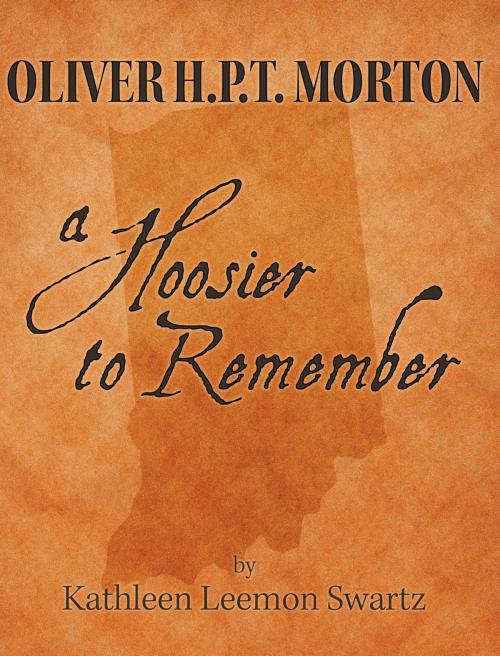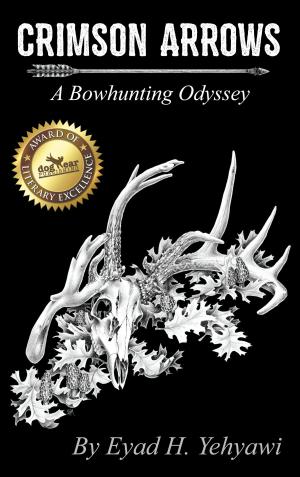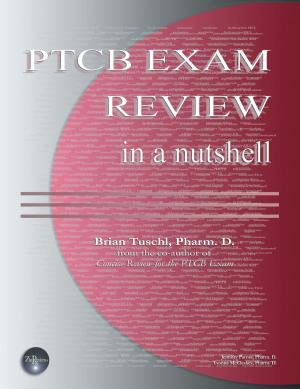| Author: | Kathleen Leemon Swartz | ISBN: | 9781457560118 |
| Publisher: | Dog Ear Publishing | Publication: | November 9, 2017 |
| Imprint: | Dog Ear Publishing | Language: | English |
| Author: | Kathleen Leemon Swartz |
| ISBN: | 9781457560118 |
| Publisher: | Dog Ear Publishing |
| Publication: | November 9, 2017 |
| Imprint: | Dog Ear Publishing |
| Language: | English |
In November of 1860 our nation was helplessly drifting toward civil war. States of the South had convened secession conventions and begun forming armies. Should the Federal government allow secession? Could the Federal government prevent it? The country was filled with trepidation and confusion.
But Indiana’s new Lieutenant-governor, Oliver Hazard Perry Throck Morton, was not confused. “His words were bold, his bearing was brave, his enthusiasm was inspired. His central thought was that the Constitution provided no way for the Southern States to get out of the Union, and that they must be kept in, if need be by force. ‘The whole question,’ said he, ‘is summed up in this proposition: Are we one nation, one people, or thirty-three nations or thirty-three independent and petty States? The statement of the proposition furnishes the answer. If we are one nation then no State has a right to secede. Secession can only be the result of successful revolution. I answer the question for you, and I know that my answer will find a true response in every true American heart, that we are one people, one nation, undivided and indivisible. If South Carolina gets out of the Union, I trust it will be at the point of the bayonet, after our best efforts have failed to compel her to submission to the laws.’”
In November of 1860 our nation was helplessly drifting toward civil war. States of the South had convened secession conventions and begun forming armies. Should the Federal government allow secession? Could the Federal government prevent it? The country was filled with trepidation and confusion.
But Indiana’s new Lieutenant-governor, Oliver Hazard Perry Throck Morton, was not confused. “His words were bold, his bearing was brave, his enthusiasm was inspired. His central thought was that the Constitution provided no way for the Southern States to get out of the Union, and that they must be kept in, if need be by force. ‘The whole question,’ said he, ‘is summed up in this proposition: Are we one nation, one people, or thirty-three nations or thirty-three independent and petty States? The statement of the proposition furnishes the answer. If we are one nation then no State has a right to secede. Secession can only be the result of successful revolution. I answer the question for you, and I know that my answer will find a true response in every true American heart, that we are one people, one nation, undivided and indivisible. If South Carolina gets out of the Union, I trust it will be at the point of the bayonet, after our best efforts have failed to compel her to submission to the laws.’”















